How Steve Witkoff, Trump’s man in the Mideast, jump-started talks with Putin
Real estate developer Steve Witkoff engineered the release of American teacher Marc Fogel from a Russian prison this week – and opened the door to negotiations about Ukraine.
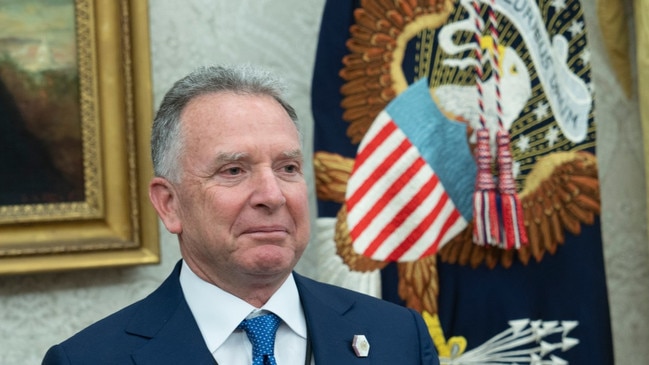
Sitting aboard a private jet, clutching his American passport and kissing the glass of whiskey that represented freedom, Marc Fogel could not have known of the immense effort behind the scenes that secured his release.
The history teacher from Pennsylvania had been held in Russia for 3½ years on charges of possessing marijuana. In the intervening years Moscow had invaded Ukraine and relations between Russia and the US had hardened, leaving little hope that a deal could be done.
It was with some surprise, then, that Fogel’s release was announced on Tuesday night with a photograph of him grinning aboard the Gulfstream aircraft heading back to Washington.

When President Donald Trump announced the following day that he and President Vladimir Putin were to begin Ukraine peace talks after a “highly productive” phone call, it seemed that Fogel, 66, was part of a bigger picture.
Asked by reporters in a White House press briefing on Wednesday whether Fogel’s release, in exchange for Alexander Vinnik, a Russian, was a preliminary to peace negotiations, Karoline Leavitt, Trump’s press secretary, demurred.
What was clear was that the figure behind the prisoner exchange and softening the ground for the Trump-Putin call was not the special envoy to Ukraine and Russia, the retired lieutenant general Keith Kellogg, but real estate developer Steve Witkoff, 67.
Before the release there was a flurry of negotiations between Witkoff and Putin, helped by back channels through Qatar and the Saudi royal family.
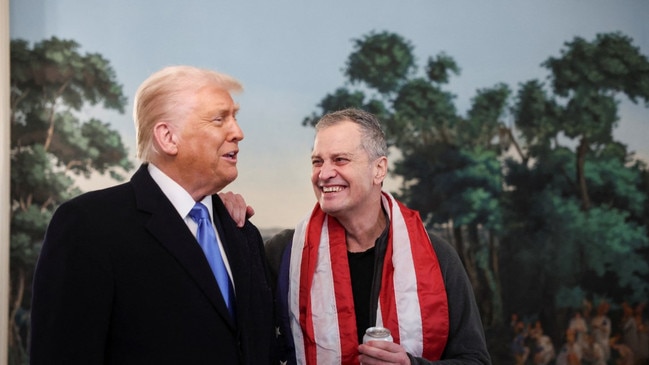
Witkoff, the special envoy to the Middle East, was credited with helping to broker a ceasefire agreement last month to end the 15-month conflict between Israel and Hamas. Apparently impressed, Trump broadened the billionaire’s portfolio.
Witkoff’s expanding brief, however, has raised questions over the diminishing role for Kellogg.
When the president posted on his Truth Social site that he had spoken to Putin and they had agreed to start talks to end the war in Ukraine, he named the team leading negotiations: Marco Rubio, the secretary of state, John Ratcliffe, the CIA director, Mike Waltz, the national security adviser, and Witkoff. Kellogg was not mentioned.
Many wondered whether Kellogg was being sidelined or the president was simply fielding his best players. Trump is said to detest the slow diplomacy favoured by established figures such as Kellogg. An official in the first Trump administration said: “The president is an out-of-the-box thinker. Kellogg is very much not. America has done that – it didn’t work.”
Fogel’s case had dropped off the US list of priorities until Trump took office. Things started to move only when Witkoff was instructed to make calls to contacts in Qatar – which mediated the Gaza ceasefire and had previously served as an intermediary between Kyiv and Moscow to secure the return of children illegally deported by Russia from occupied Ukrainian territories.
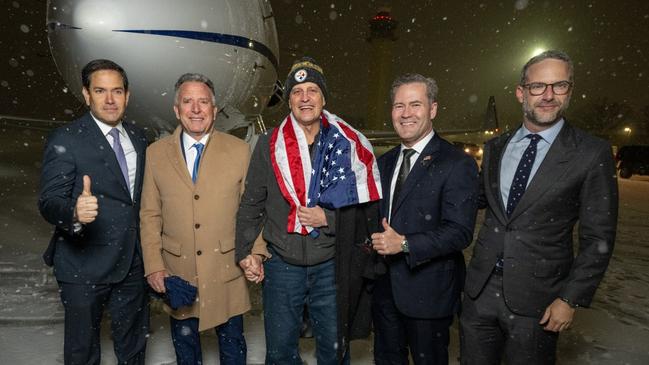
It became clear that the Middle East, not Munich – where Kellogg is meeting European leaders on Friday for a security conference – now had a role in any deal to end the conflict.
Insiders pointed to a policy paper Kellogg co-authored in April last year that seemed to acknowledge that an end to the war was unlikely while Putin was still in the Kremlin. Asked whether he endorsed Kellogg’s view, Trump told NBC News: “I’m the only one who can get the war stopped.”
The president may have come to see his envoy’s posturing as a complication in his discussions with the Russian leader. In a media briefing on Wednesday, Leavitt was asked about Kellogg’s absence from the negotiating team. She said that he remained “a critical part of this team”.
It may be that Trump, who is big on loyalty, is entrusting the most sensitive tasks to those he knows best.
He is said to trust Witkoff, a golfing pal over several decades, as the right negotiator to help bring an end to the war in Ukraine.
Fogel’s release highlighted the Trump administration’s unusual style of negotiating, which adopts a businesslike approach. Fogel’s family had grown frustrated with the Biden administration after talks over his release on humanitarian grounds failed.
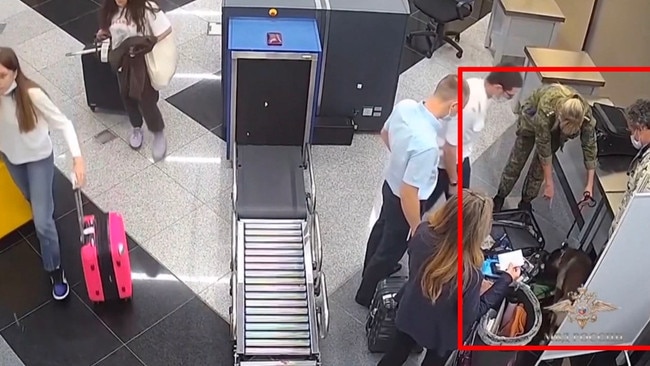
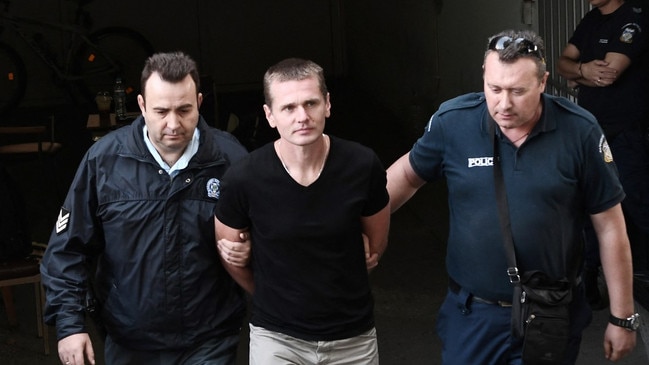
The teacher was left out of a mass prisoner swap last year that freed Evan Gershkovich, the wrongly convicted Wall Street Journal reporter.
Witkoff said the recent round of negotiations included a “gentleman from Russia” named Kirill, while “his highness in Saudi Arabia had plenty to do with this”. He added that a person phoned him on Tuesday to say that Fogel “was going to be at the airport” so he got on his private jet.
Witkoff said he was in Russia for “seven or eight hours”, allowing him time to sit down with Putin.
In return for Fogel, the US apparently offered the release of Vinnik, who was detained in 2017 for running a cryptocurrency exchange. In May last year he admitted laundering $US4 billion ($6.3bn).
Fogel was driven to the White House, where Trump was waiting to greet him with his mother, Malphine Fogel, 95.
Steven Cheung, Trump’s spokesman, posted online: “Steve Witkoff is one of the most amazing individuals you’ll ever meet and what he did today was nothing short of Herculean.”
The Times

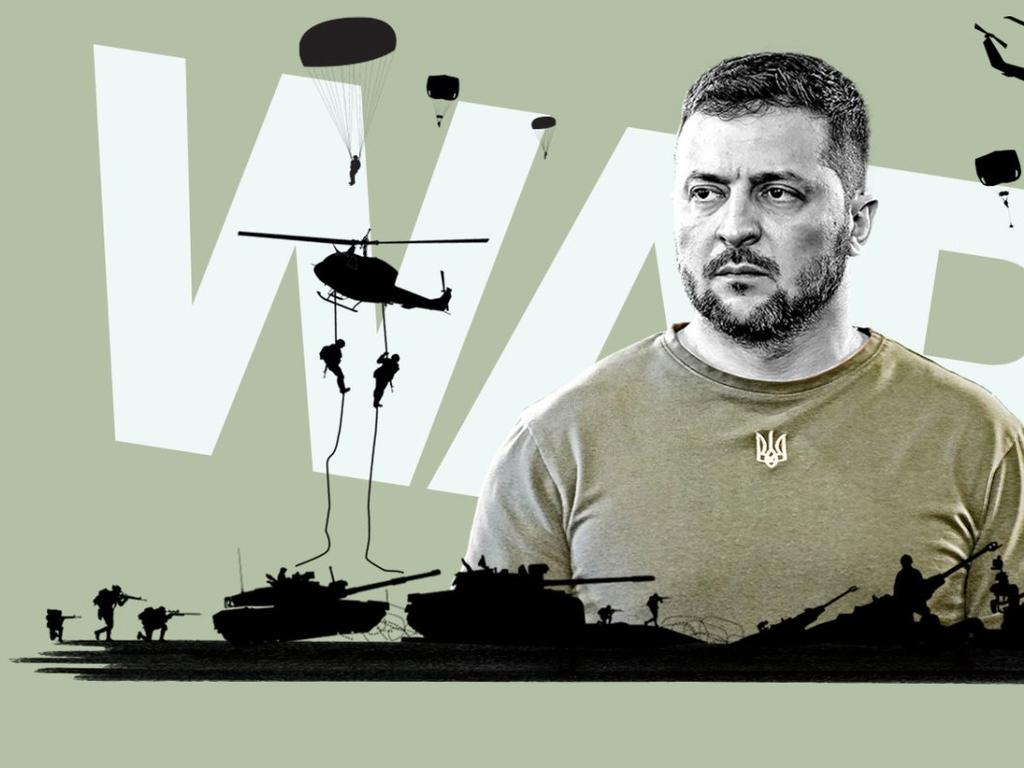

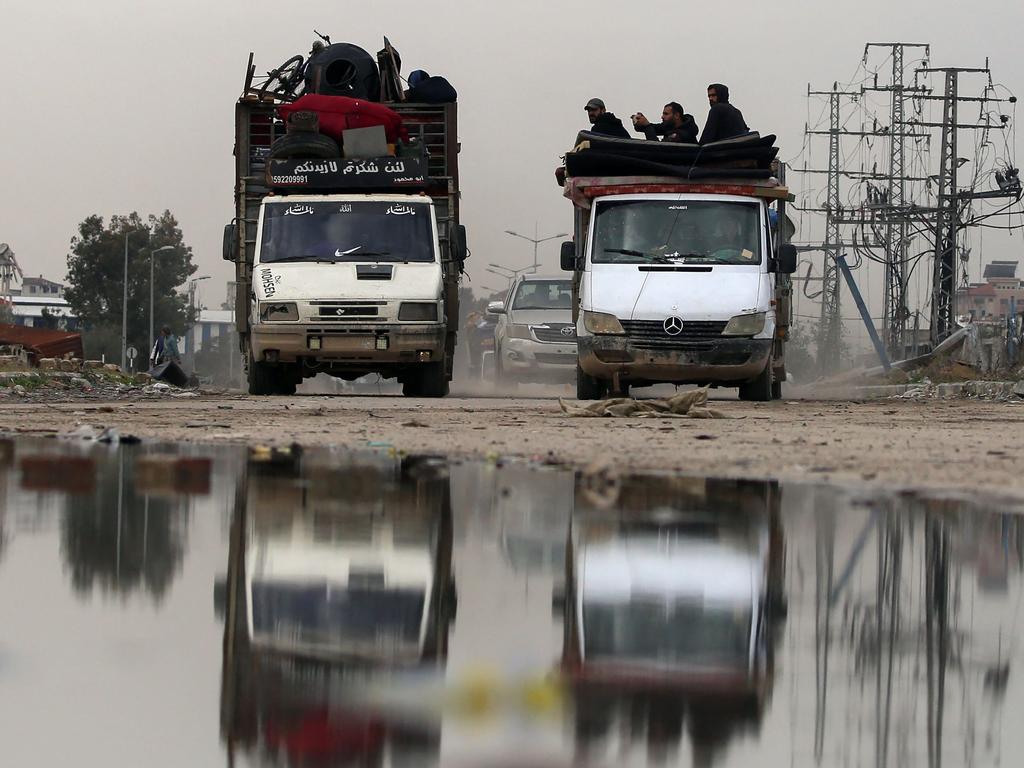


To join the conversation, please log in. Don't have an account? Register
Join the conversation, you are commenting as Logout